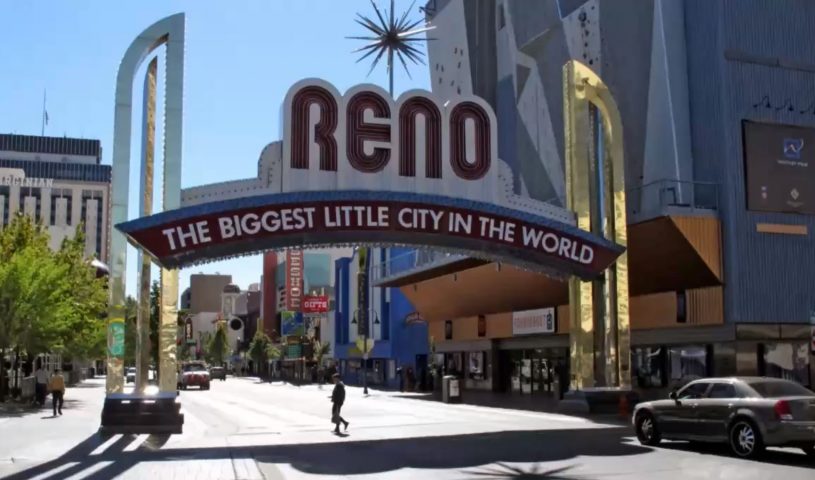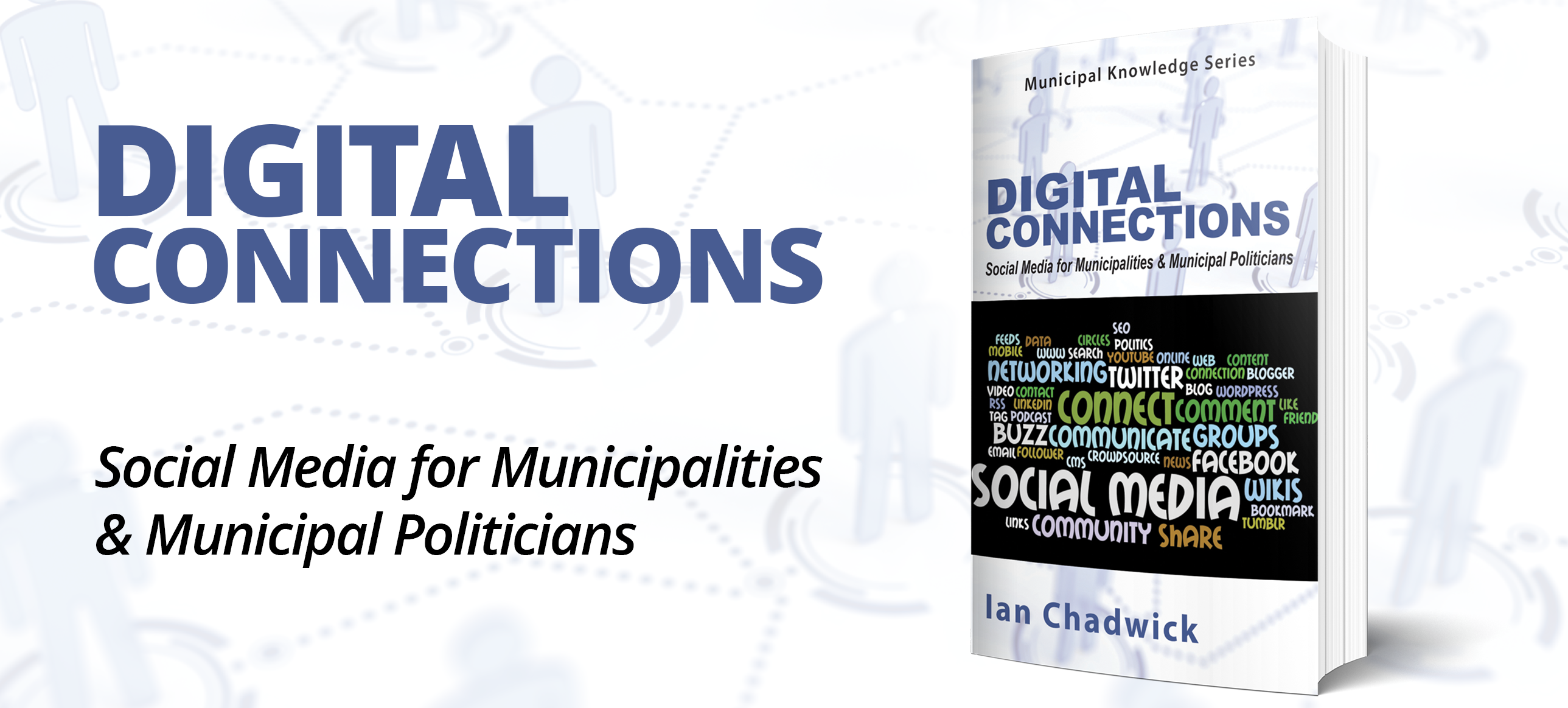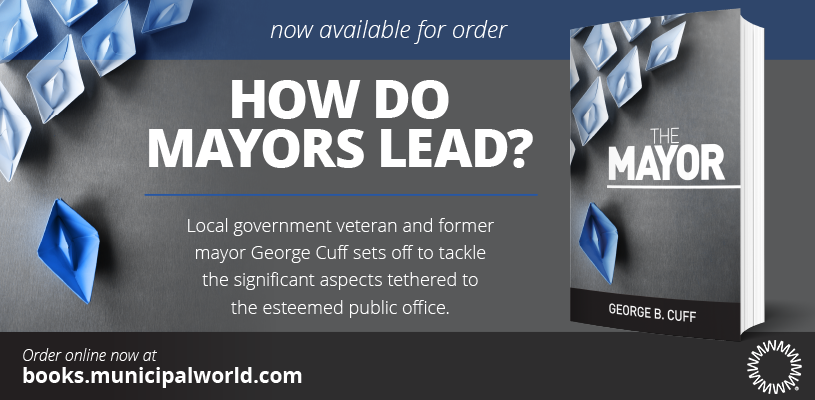Washoe County blockchain technology plan earns award recognition
 Washoe County, which includes Reno, has been recognized for its use of blockchain technology in the issuing of official documents online.
Washoe County, which includes Reno, has been recognized for its use of blockchain technology in the issuing of official documents online.
Washoe County, which includes Reno, Nevada, remains one of the United States’ top wedding destinations, but it is also now the site of an award-winning effort in electronic record certification using blockchain technology.
In many U.S. states, it isn’t uncommon for it to take over a month from the time someone requests proof of marriage to the time they receive it. This poses a major issue to customers who need their certificate much sooner.
With the goal of speeding up the process, the Washoe County recorder — which issues certified proof of marriage documentation after a wedding ceremony has taken place — teamed up with a local startup to find a solution.
The results of this effort were showcased at the Transforming Local Government Conference and honoured with the 2019 Thomas H. Muehlenbeck Award for Excellence in Local Government.
Thomas H. Muehlenbeck Award
Using the Ethereum blockchain to securely store data in a public database, staff at the country recorder office can certify electronic documents have not been changed after leaving the office, a feature that wasn’t possible with the traditional paper certificates.
Not only did this provide a way of issuing a more secure and verifiable record, but it also allowed the recorder office to instantly issue, through email, certified proof of marriage to someone anywhere in the world within minutes of their request. This ability can make the difference between whether or not someone goes on their honeymoon or meets a deadline to apply for survivor benefits.
The program started as a pilot program between the Washoe County recorder and a local blockchain startup called Titan Seal. The pilot program provided an opportunity for local government to collaborate with an emerging technological industry and explore solutions for customers in a fiscally responsible manner.
Since then, the Washoe County Recorder has collaborated with additional blockchain related companies and startups to discuss further ways in which this technology can be used in additional functions.
Throughout the country, governments are tasked with the responsibility to provide identification, vital records, and certified documents. In an increasingly paperless, automated, and instant-service world, it seems inevitable that all of these will soon be provided in electronic form.
Coping With Electronic Media
Electronic media, however, can provide either additional security, or pose greater risk, especially in terms of fraud. It’s imperative that when agencies are presented with an electronic form of documentation, they have some way to verify the source from which it came and has not been changed since leaving the issuing agency, and it is indeed an authentic document.
The Washoe County recorder’s use of blockchain technology to produce and certify electronic marriage certificates provides a model that any agency can use in order to create and send electronic versions of documents and identification in a secure manner. Since the launch of the pilot program in March 2018, multiple jurisdictions throughout Nevada have started looking into similar programs.
The most significant obstacle was (and continues to be) the acceptance of certified, electronic documents by agencies throughout the world. The electronic marriage certificates issued by the Washoe County recorder are in most, if not all, cases the first of its kind agencies have seen from Motor Vehicle Divisions to Social Security and Passport offices who are accustomed to paper certificates.
This being the case, the Washoe County Recorder and Titan Seal have made diligent efforts speaking at seminars and conferences around the country to educate jurisdictions worldwide on the security and validity of these documents with formidable results.
Creating National Impact
Since the pilot launch in March 2018, the Washoe County Recorder has issued over 400 electronic marriage certificates. As acceptance and education is a major part of this initiative, the Washoe County Recorder has made efforts to follow-up with the customers to whom certificates have been issued to verify their acceptance and to which agencies.
To date, the recorder office has verified a 64 percent acceptance rate by over 70 entities in 11 states and four countries. MW
Related resource materials:



